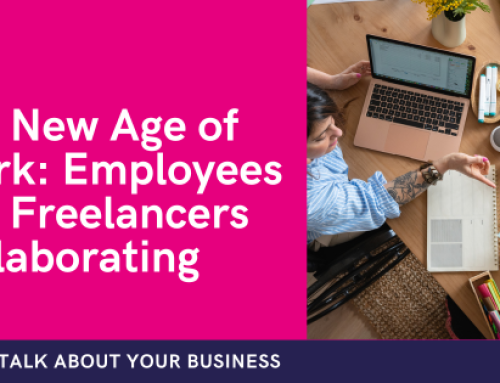We encourage feedback don’t we? Or do you shy away from it – not really sure what’s going to be said?
Feedback is important as it allows us to learn and improve, providing a reference point on which to grow our knowledge and also our confidence.
It is important however that the feedback is both given and received with an open mind with the intention to help and not offend. Constructive feedback is the best form – enabling the recipient to really understand why it didn’t work and how it could be improved (in the opinion of the receiver only). Working through the reasons and improvements will enable a better performance next time and encourage the individual to develop specific areas.
On the face of it, peer monitoring and feedback seems safe, but if that individual is not aware of the impact of their words and how to present their feedback it can become harmful and de-motivating for the receiver. 360 is a good method of feedback as you receive information from those above and below you as well as your peers – so all round observations.
Feedback should be a positive experience for the receiver – it should highlight strengths and identify weaknesses but encourage development with either coaching or mentoring. It should also be timed in such a way as to have maximum effect – so after a job rather than at the end of the year is the optimum – although we may also have end of year ones too. Herein these are far more effective if ones have been carried out throughout the year and based on those performances.
Starting positively helps the person to relax and gives them confidence to then discuss the areas for improvement. Also ending positively leaves them with a good feeling rather than focusing on the weak areas.
It’s important to allow questions too – to avoid a one-sided confrontation and for an agreement to be reached. Also to include actions to be taken and perhaps another short review to help further if needed.
For any business feedback is important and negative feedback is the best! It allows you to correct the action and show your skill in doing that – further optimising the experience.
Positive feedback however can be used in your marketing materials – website, banners, leaflets, promotions etc as it is more powerful when others say good things about you. So it is always good to request feedback after work completed, review meetings or at the end of contracts; when they are happy with your work they will be positive in their feedback.
Do look into how to deal with negative feedback and criticism if you find that you are not very good at receiving it and would like to be more receptive and deal with it appropriately.
Evaluations from participants on your courses is also helpful in the development of your courses and delivery by yourself. Asking what was good and poor gives you both elements as well as asking what was missing – keeping you up to date and delivering what is required.
I’d love to hear about your experiences in receiving or giving feedback.
One of the hardest parts of working for yourself is building up a strong presence and keeping your business profile in the hearts and minds of your audience. Why not download your FREE GUIDE on how to raise your profile as a freelancer here.
Learn how you can work with Virtual Hand; how your business can grow and how you can communicate better with your audience.




